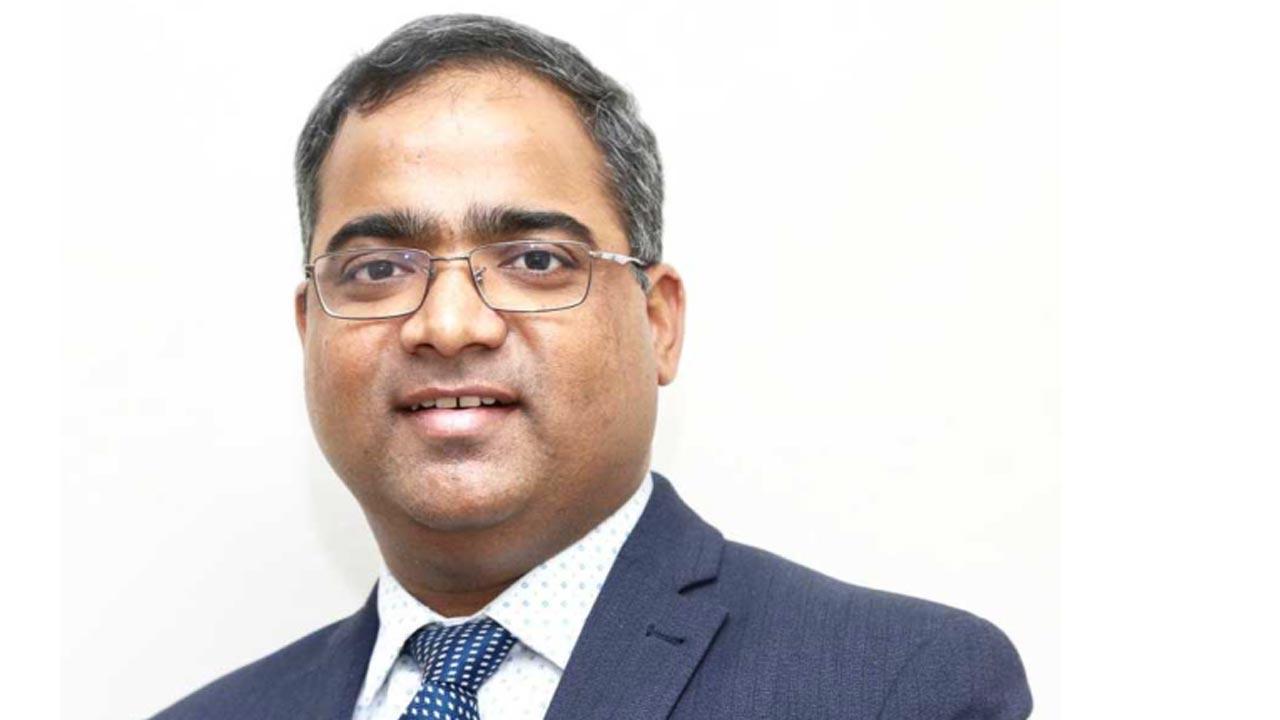Here are many frequently asked queries that crops and troubles every liver Transplant recipients and their caregivers

Dr. Vikram Raut
According to Dr. Vikram Raut, complying with the immunosuppression medical regimen directly contributes to the success of every liver transplant surgery.
ADVERTISEMENT
Here are many frequently asked queries that crops and troubles every liver Transplant recipients and their caregivers
Patient: What’s the Survival rates after a liver transplant?
Dr. Vikram Raut: A liver transplant can have excellent outcomes. Recipients can lead & live a normal life for around 30 years after the surgery.
According to the most recent studies-
Five-year graft and patient survivals 81 per cent
10 years 65
15 years 50 per cent
Patient: How do you ensure that my liver Transplant surgery is successful?
Dr. Vikram Raut: Recipients directly contribute to the success of their transplant. The most eminent cause for any transplant organ Failure is non-compliance with the immunosuppression medical regime. What we ensure for a good outcome is a Close follow-up with our patients. From making Carefully attended medication schedules, lifestyle changes to infection-avoidance techniques we chart out ways to prolong one's life after transplantation
Patient: How does one’s quality of life changes after a liver transplant?
Dr. Vikram Raut: frankly speaking, the first three months following transplantation are the most difficult. The body is in the adjusting mode- first to the "new" liver and secondly with its associated medications. We ensure from our treatment that as soon as they(patients) are offer discharge from the hospital, they are able to look after themselves, but with some minor restrictions. The medical team minutely prepares discharge procedures for every patient.
The good news is that most of them can return to work within 3-months post- transplant. Certain patients will require light-duty assignments temporarily as they re-acclimate to the workplace. Even indulging in various sporting activities, healthy exercise, socialising, and travelling is possible. We expect our patients to lead "normal" lives.
Patient: What are the chances of any reappearance of my liver disease?
Dr. Vikram Raut: Depends on case to case. Reappearance in the new liver cannot be negated in certain liver diseases. One example is hepatitis C. Our liver transplant team can advise you on the incidence of recurrence of specific liver ailments. In such cases, our team will monitor you very closely to help prevent a recurrence.
Patient: How long will be the recuperation period?
Dr. Vikram Raut : After liver transplant surgery, most patients need to be under hospital supervision for 2-3 weeks. Subsequently, patients recuperate at home and possibly return to their everyday chores after about 3 months. Unless there are complications, the grant is not given for disability for more than six months after a liver transplant. My advice to all patients is that they should plan in advance for their long-term employment goals like their re-joining the workforce in a timely manner and particularly having health insurance coverage.
Patient: Will I need to take medications after my liver transplant?
Dr. Vikram Raut: Patients has to intake many medications after a liver transplant. This is to prevent rejection (immunosuppressant), and fighting probable infection. There are approximately 7 to 10 different type of medicines. The number of medications reduces as the patient recovers over the period. After 3 months, it’s down to 1 or 2 medications.
To make things transparent, I would like to add that in virtually all cases, patients will have to continue with some immunosuppression medications for the rest of their lives. It is essential to take these medicines as prescribed and at the specified times. Missing medication doses or discontinuing them on one's own judgement can lead to rejection and organ failure.
Patient: Are there any side effects from the medications prescribed after liver transplant?
Dr. Vikram Raut: Many medications have side effects. The typical Side effects of post-transplant medications include elevated blood pressure, changes in mood, elevated blood sugar, bone and muscle weakness. Most patients will experience side effects initially, but these often minimise over the time.
Although side effects can be troublesome, medications shall never be discontinued without the knowledge and agreement of the transplant team. In cases of severity, the array of medicines can be adjusted to improve their tolerance.
Wants to know more about this fabulous doctor?
Continue reading-
Dr. Vikram Raut is a senior consultant hepatobiliary and lead liver transplantation surgeon. He has extensive experience of Living-donor liver transplantation, with cumulative experience of over 1200 liver transplants. He has already performed more than 500 Living liver donor surgery. He has been trained in Liver Transplantation and HPB surgery with pioneers in liver transplants in Japan, France, and South Korea. Dr. Vikram Raut is conferred with the “International Travel Scholar Award 2010” from the International Liver transplantation society. To make liver transplantation accessible to every common man, Dr. Vikram Raut’s team has invented a humanitarian model for providing financial assistance to children with liver disease. Funds for transplant are raise with the help of charitable trusts and crowdfunding. Presently, Dr. Vikram Raut is heading the most successful liver transplant program in western India. His expertise includes liver resection and transplantation for liver cancers, split liver transplantation, and ABO-incompatible liver transplantation.
We all thank Dr. Vikram Raut for taking out time and patiently answering all our questions!
Website- https://liverdocindia.com
https://www.livertransplantssurgeon.com
Email- drvikramraut@gmail.com
Whatsapp- +919717657178
 Subscribe today by clicking the link and stay updated with the latest news!" Click here!
Subscribe today by clicking the link and stay updated with the latest news!" Click here!






